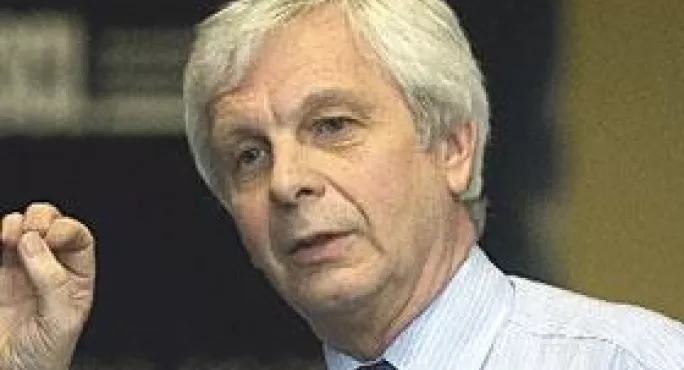Popular educationist Mick Waters has given his backing to the Conservatives’ controversial plan to move national tests from the end of primary school to the first year of secondary. In fact, the charismatic former director of curriculum at the Qualifications and Curriculum Authority claims he came up with the idea first.
Now a professor of education at Wolverhampton University, Professor Waters outlined his plan last at the annual conference for the Association of Professionals in Education and Children’s Trusts (Aspect).
“We could do Sats in Year 7 or at the end of Year 7, then we would actually see what they had learnt in primary - really learnt,” he said. “And in Year 7 the secondaries wouldn’t have that massive investment in the outcome.”
Michael Gove, Conservative shadow schools secretary, attracted controversy with his proposal last month because he suggested primary schools would still be accountable through league tables for the results of tests taken in secondaries.
Chris Keates, general secretary of the NASUWT, said the implications for primary and secondary school teachers were “appalling”.
However, Professor Waters told The TES that the Year 7 tests could be used to hold primaries accountable. He said he had first spoken about the idea at a National College for School Leadership conference earlier this year, before Mr Gove’s announcement.
Professor Waters used his latest speech to suggest a long list of other “ideas to think about” including:
- Making pupils take their key stage 1 Sats at home while their families watched “so that parents start to understand what it is about”.
- Responding to the rising unemployment rate by getting teachers to offer literacy and numeracy classes in job centres.
- Capping the number of GCSEs pupils enter to eight. “Let’s really think about children having a broad balanced life,” he said. “Do we have to celebrate 13 GCSEs?”
Professor Waters challenged the usefulness of teaching assistants and retention bonuses. Some teaching assistants were just “the highest paid spectators”, he said. “It is a lot of money to pass the pencils; it is a lot of money to read the odd word to a child.”
He also warned that retention bonuses could create, rather than solve, staffing problems: “There are some people being paid phenomenal amounts of money to stay in their school.”
Professor Waters, who chairs a new group called the Curriculum Foundation, argued that the focus on English and maths in school was leading children to move “more and more to the clerical world at a greater speed”.
He called for more of a workshop environment in the classroom and for teachers to make better use of the outdoors, even in bad weather.
Primary teachers could also consider moving the type of broad curriculum they taught Year 6 pupils in June to the start of the school year in September. “Children would have a much more productive year,” he said.




